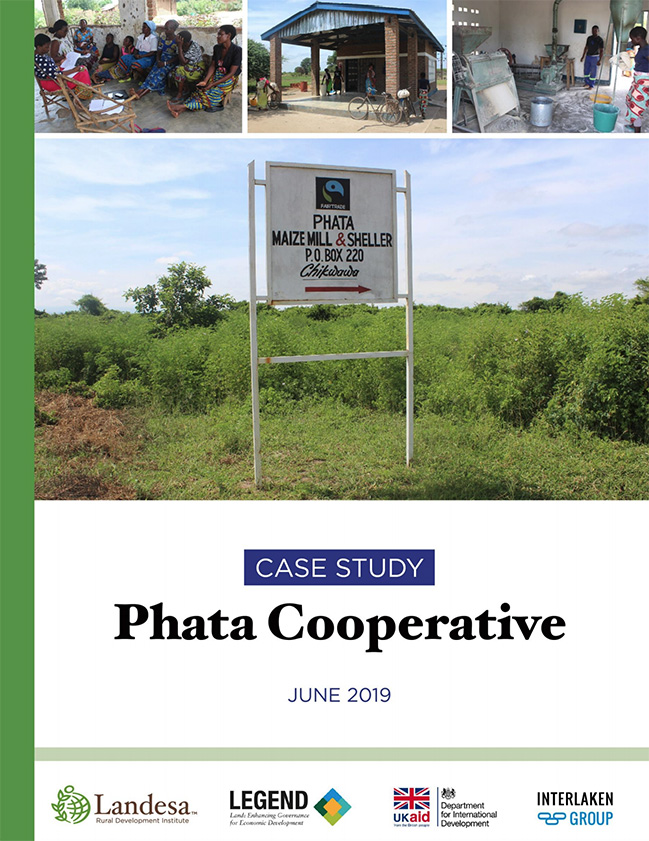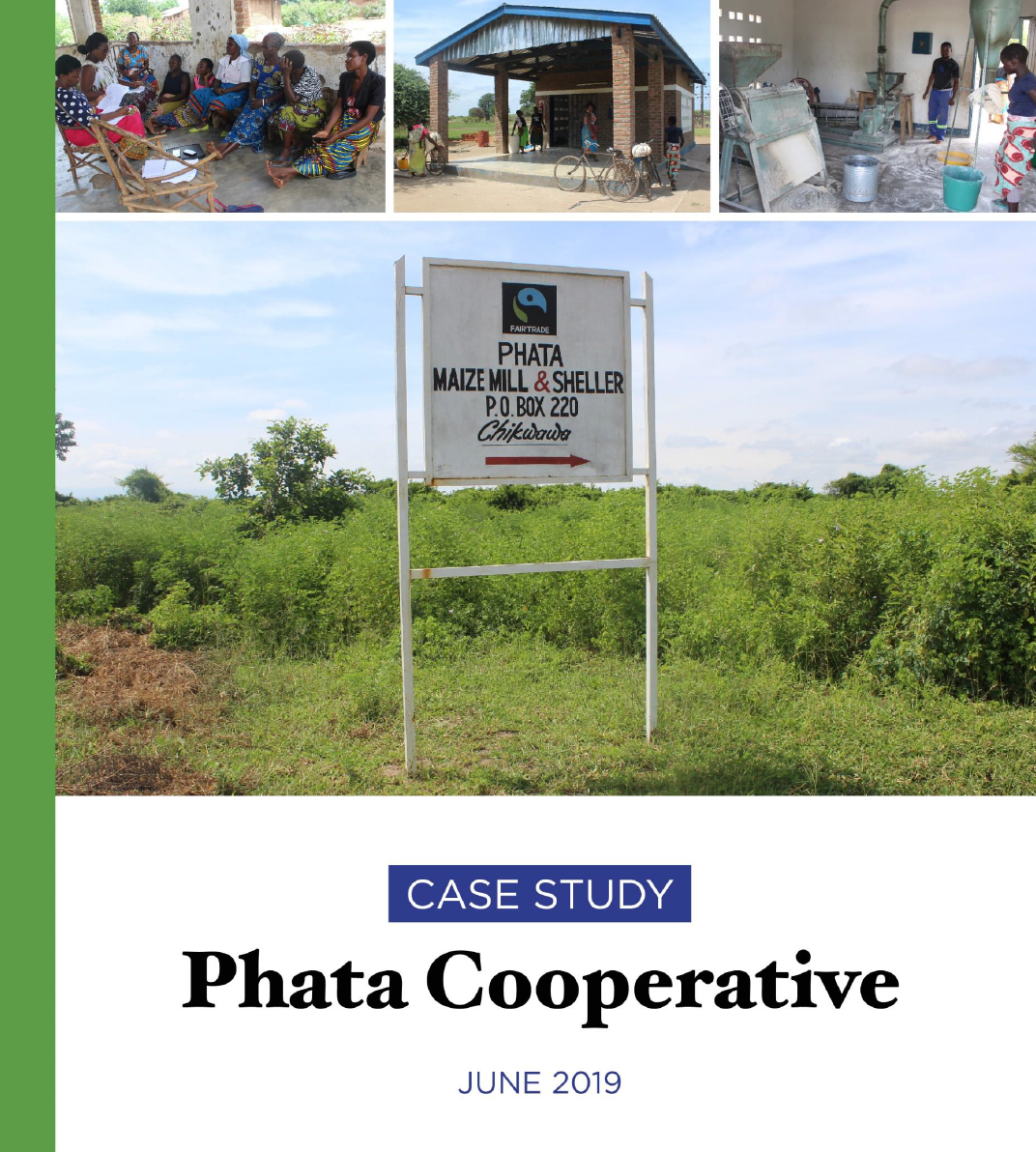About Landesa
Landesa partners with governments and local organizations to ensure that the world’s poorest families have secure rights over the land they till. Founded as the Rural Development Institute, Landesa has helped more than 105 million poor families gain legal control over their land since 1967. When families have secure rights to land, they can invest in their land to sustainably increase their harvests and reap the benefits—improved nutrition, health, and education—for generations.
Resources
Displaying 26 - 30 of 107Case Study: Phata Cooperative
Recognizing the extensive literature available on outgrower cooperative farming, this case study seeks to add to this literature by providing in-depth learnings and guidance on good practices for structuring commercial, cooperative outgrower schemes in Malawi and potentially elsewhere.
Case Study: Phata Cooperative
Recognizing the extensive literature available on outgrower cooperative farming, this case study seeks to add to this literature by providing in-depth learnings and guidance on good practices for structuring commercial, cooperative outgrower schemes in Malawi and potentially elsewhere.
Case Study: Phata Cooperative
Recognizing the extensive literature available on outgrower cooperative farming, this case study seeks to add to this literature by providing in-depth learnings and guidance on good practices for structuring commercial, cooperative outgrower schemes in Malawi and potentially elsewhere.
Landesa Phata Case Study
Landesa, the Interlaken Group, and the Malawi LSLBI Platform identified the need for an in-depth case study on the Phata Cooperative after recognizing a lack of detailed and context-specific information available on good practices on structuring commercial, cooperative outgrower schemes in Malawi and elsewhere.
LandAssess Tool
The LandAssess Tool is a risk assessment and management framework. It provides a clear and simple set of checklists that generate a report to help companies assess and manage how they respect land rights. This tool responds to the gap between companies’ commitments to recognize land rights and their ability to give life to that commitment in their operations.







